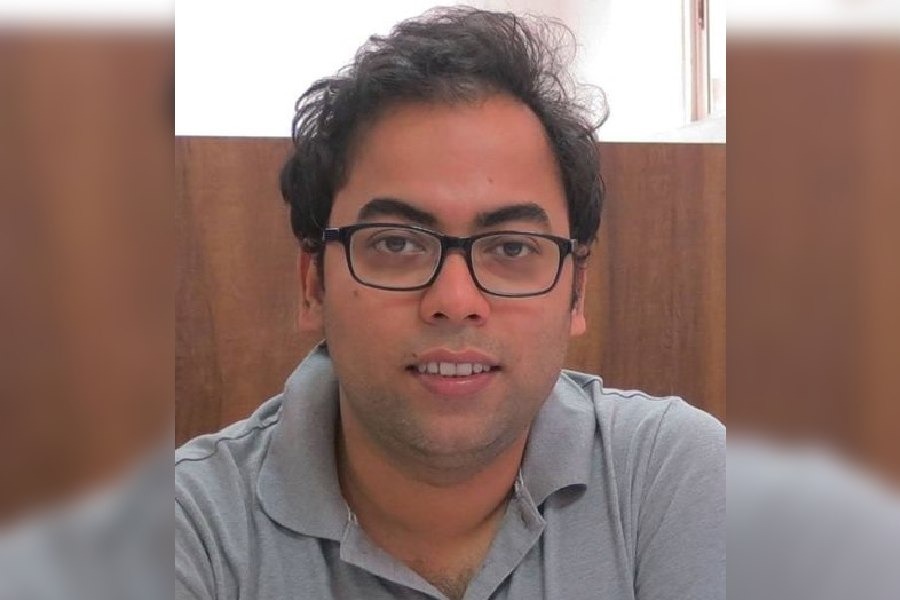Dibyendu Das, Associate Professor at IISER Kolkata, has been awarded the Vigyan Yuva Shanti Swarup Bhatnagar Award under the Rashtriya Vigyan Puraskar 2025. His pioneering work in systems chemistry explores how life-like functions emerge from simple molecules, advancing research on synthetic biology and the origins of living matter.
In a proud moment for Indian science, Dibyendu Das from the Indian Institute of Science Education and Research (IISER) Kolkata has received the Vigyan Yuva Shanti Swarup Bhatnagar Award, one of the highest recognitions under the Rashtriya Vigyan Puraskar framework. The award celebrates his groundbreaking contributions to systems chemistry—a field that investigates how non-living molecules can self-organize into life-like structures and behaviors.
Key Highlights
-
Das is an Associate Professor in the Department of Chemical Sciences at IISER Kolkata
-
His research focuses on synthetic systems that mimic biological functions such as self-replication, adaptive signaling, and molecular communication
-
The award recognizes his work on understanding how life-like behavior can emerge from simple chemical building blocks
-
Das’s lab has developed artificial chemical networks that simulate cellular processes, contributing to the broader field of origin-of-life studies
-
The Vigyan Yuva Shanti Swarup Bhatnagar Award is part of the Rashtriya Vigyan Puraskar, instituted by the Government of India in 2024 to honor excellence in science and innovation
-
The announcement, originally scheduled for August, was made public in October following procedural reviews
-
Das expressed gratitude for the recognition, calling it a validation of years of curiosity-driven research and collaborative effort
-
IISER Kolkata officials praised the achievement, noting it enhances India’s global standing in frontier chemical research
The award includes a citation, medallion, and financial grant to support further research. Das’s recognition marks a significant milestone for Indian academia, especially in emerging interdisciplinary fields that bridge chemistry, biology, and artificial intelligence. His work not only pushes the boundaries of molecular science but also inspires a new generation of researchers to explore the building blocks of life.
Sources: Telegraph India, Metro Vaartha, Rashtriya Vigyan Puraskar Wikipedia page

